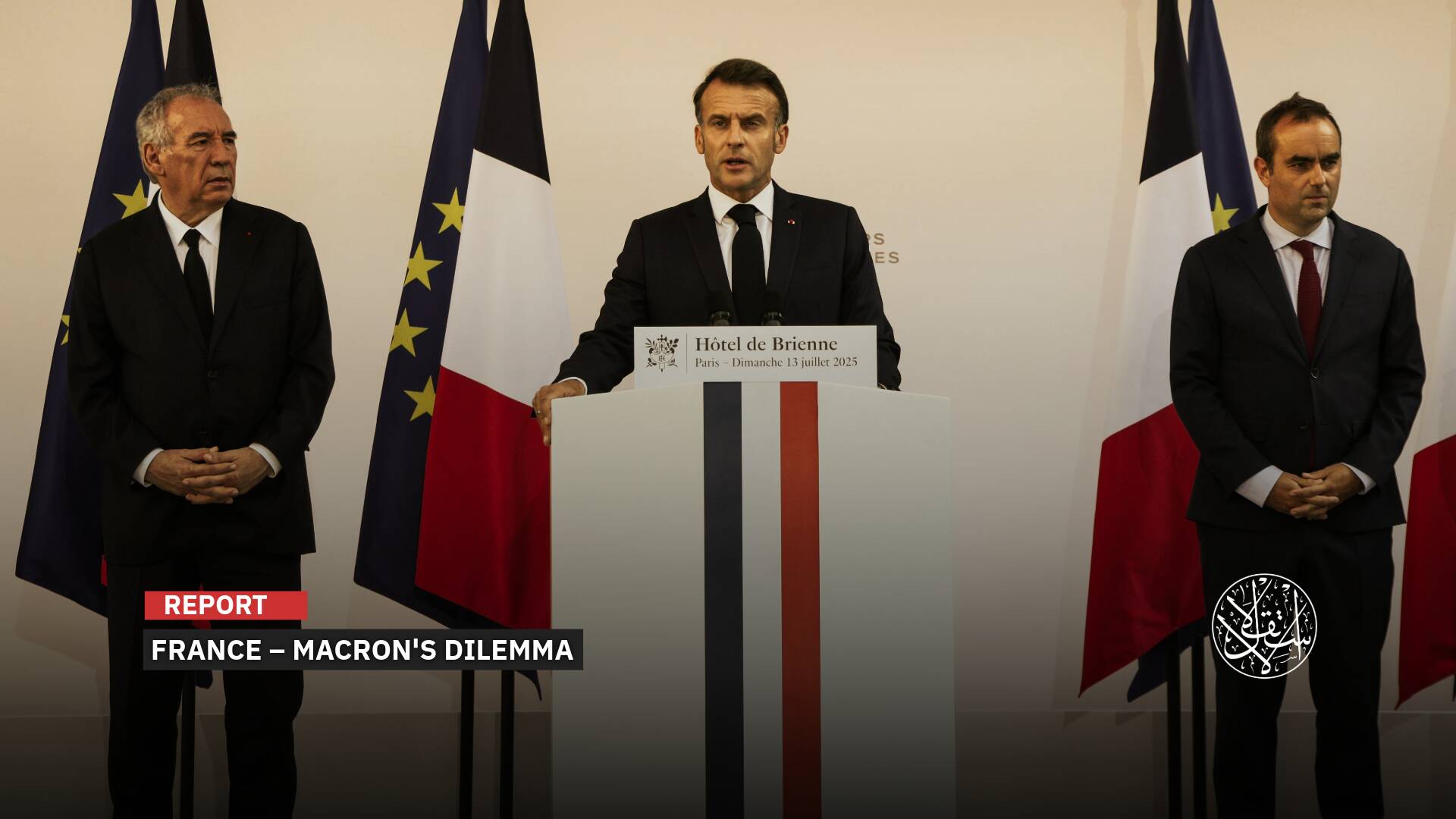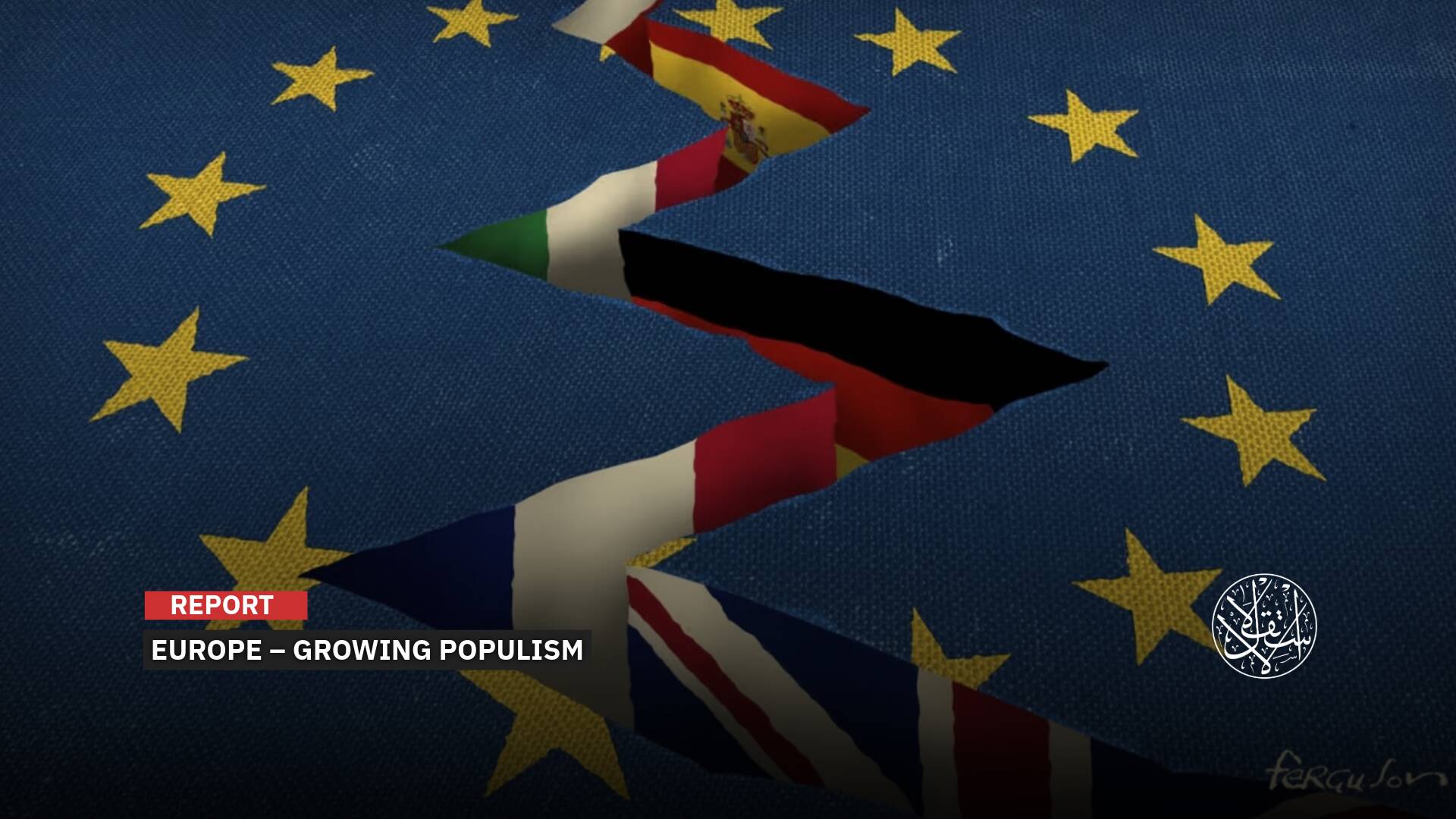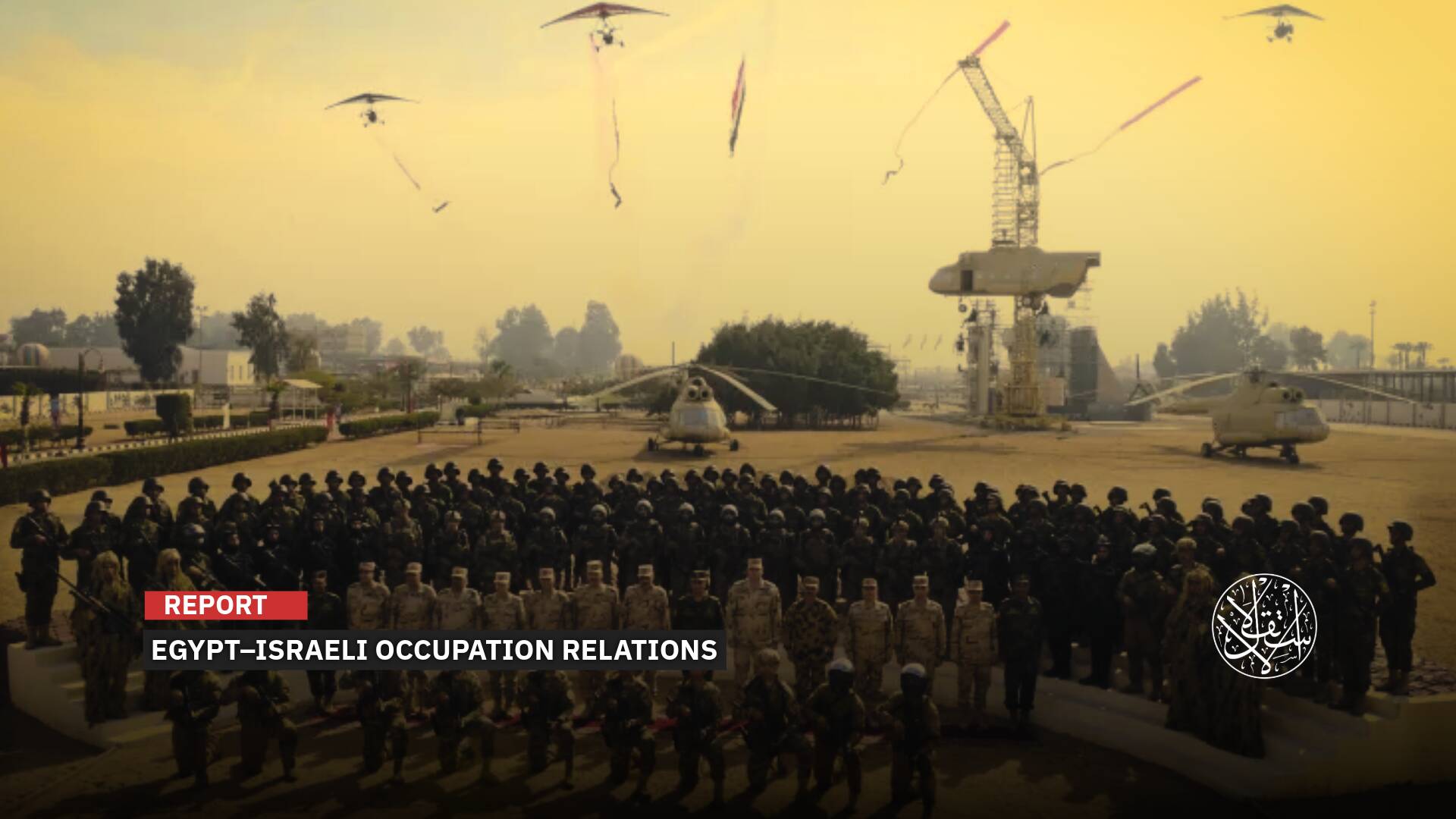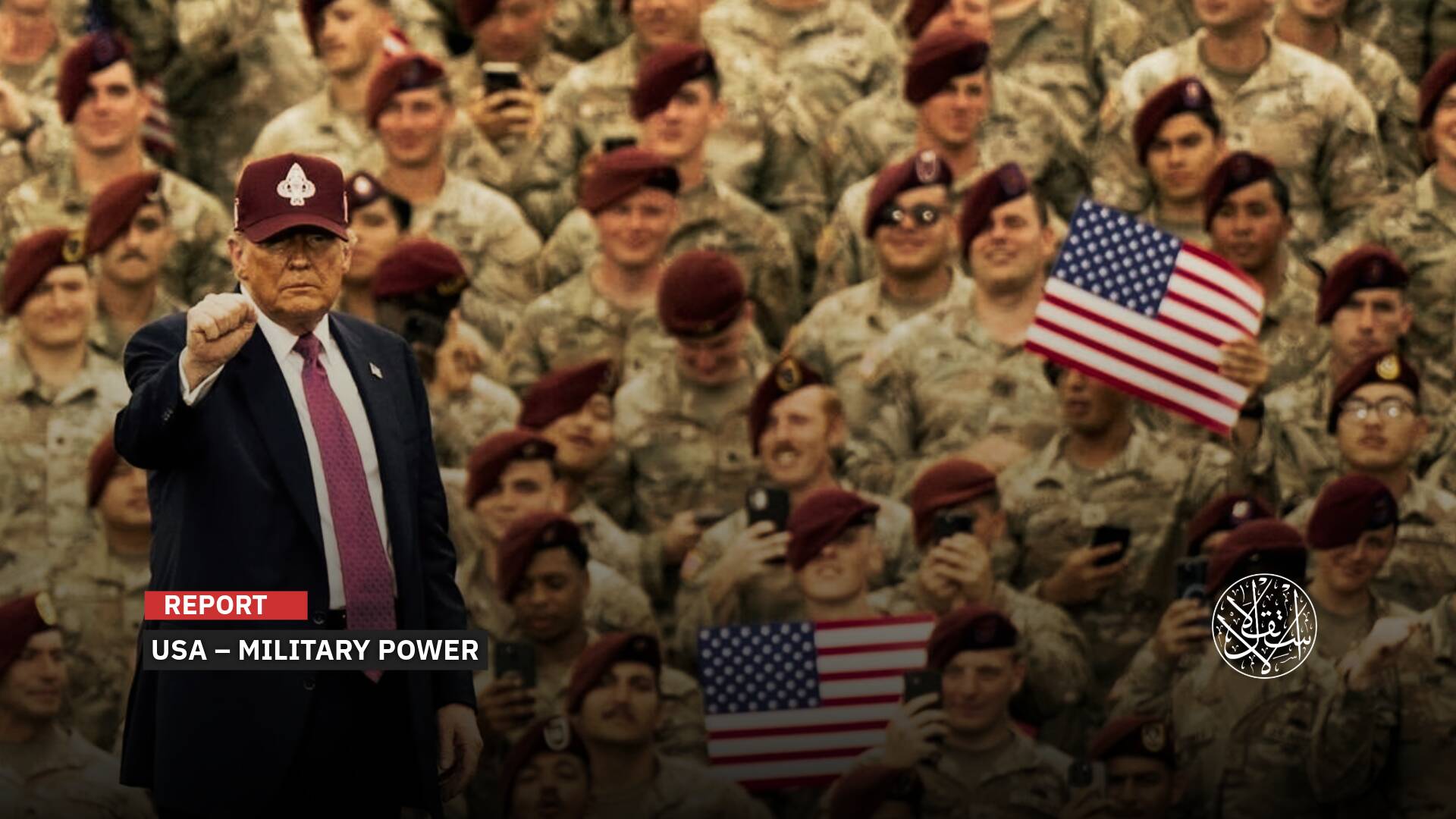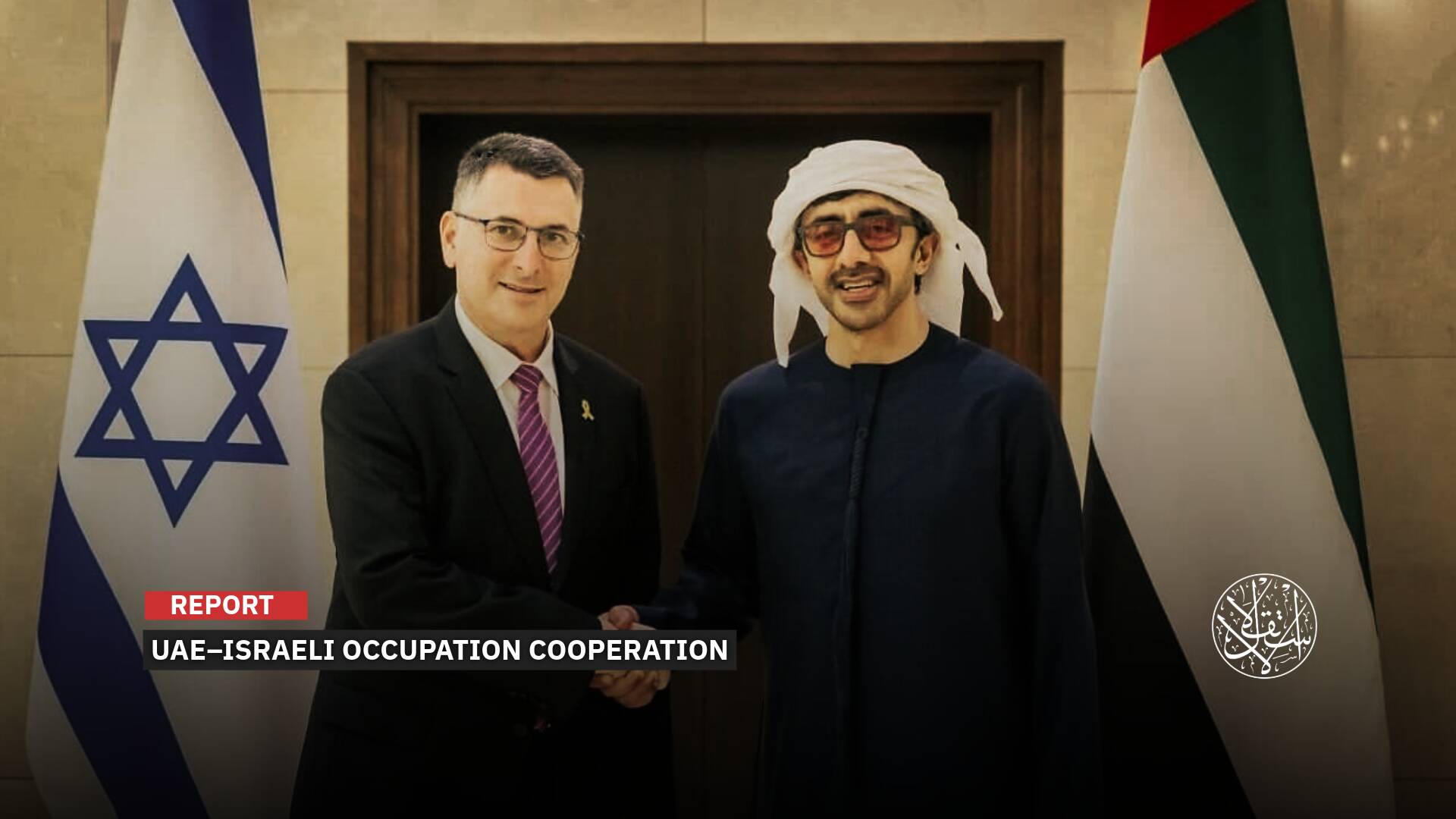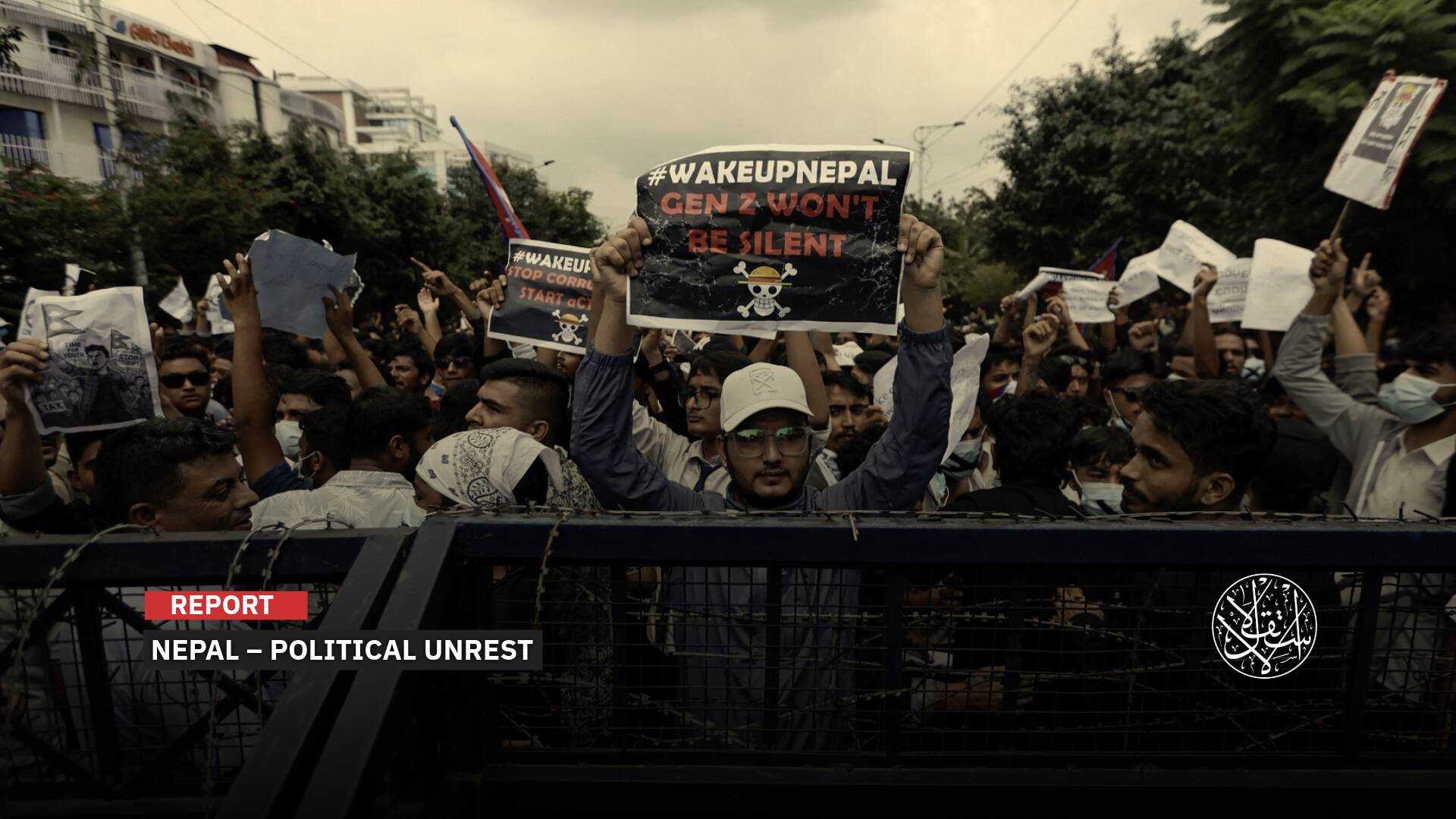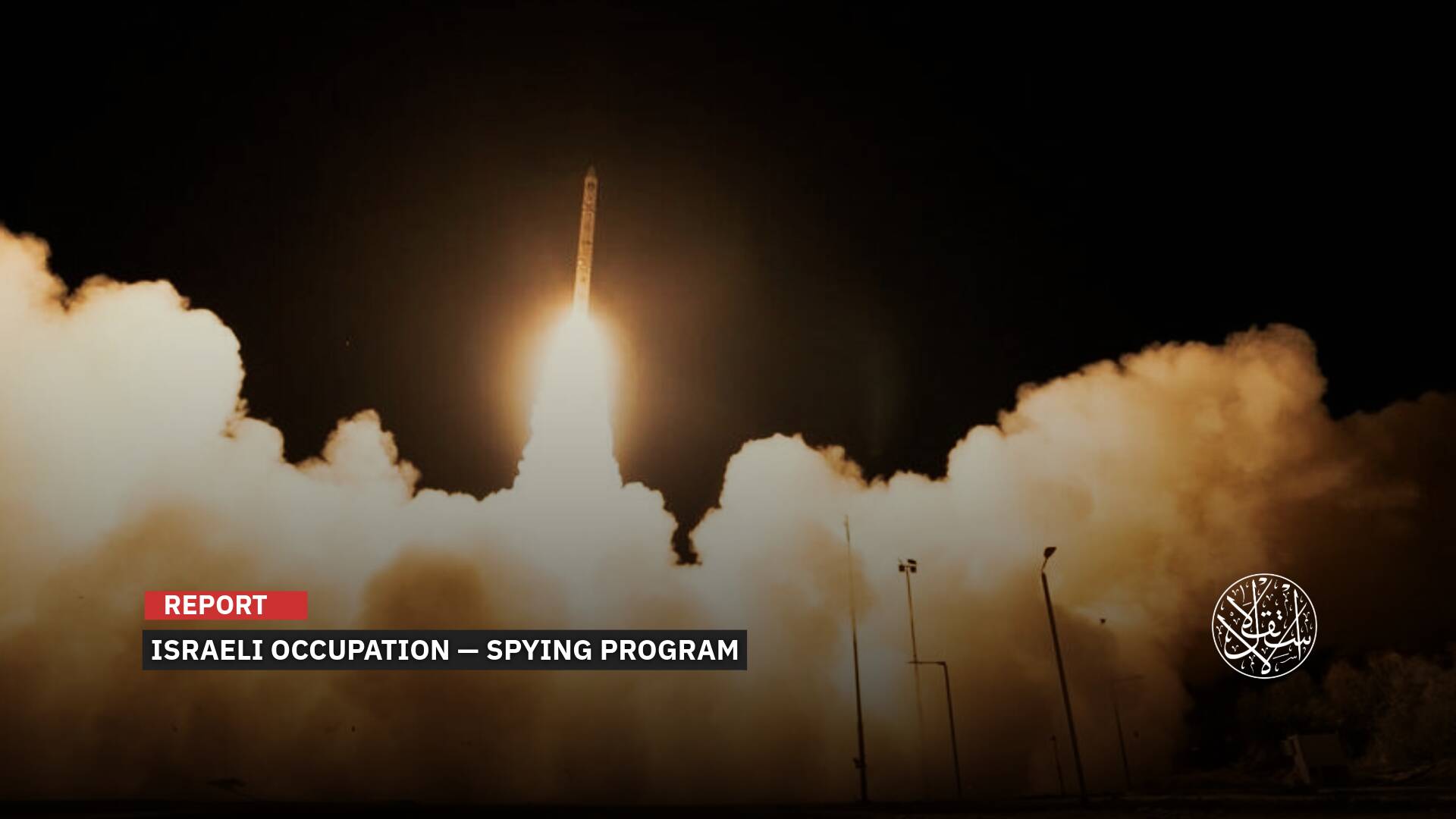How Does the Israeli Occupation Spread Epidemics Among Palestinian Prisoners?

In the Israeli detention centers, basic human rights are increasingly restricted.
Since October 7, the Israeli occupation has intensified its campaign of mass arrests of Palestinians, implementing a series of sweeping legal amendments aimed at prisoners, particularly those in Gaza, under the so-called "Unlawful Combatants" law.
These amendments target not only detainees from Gaza, but also those from the West Bank, Jerusalem, and other occupied territories, aligning with a broader policy that reduces their access to basic necessities under emergency arrest legislation.
This approach applies to the treatment of prisoners in Israeli detention centers, where basic human rights are increasingly restricted.
Overcrowding Diseases
The Israeli occupation’s measures inside prisons reflect a wider, systematic approach to the Palestinian population that extends beyond detention centers, particularly in Gaza, which has been subjected to an intense military aggression since October 7.
The Israeli aggression has resulted in significant civilian casualties and devastation.
Meanwhile, inside the Israeli occupation’s prisons, these tactics have been mirrored by harsh conditions and policies, the harshest of which was a statement by far-right National Security Minister Itamar Ben Gvir, advocating for the execution of Palestinian detainees rather than sustaining their detention, citing the cost of maintaining them.
Prisons in the Israeli occupation are currently facing severe overcrowding. The Israeli Prison Service acknowledges that its facilities are built to hold 14,500 detainees, yet there are currently more than 21,000 prisoners, according to the Palestinian Prisoners' Club.
Since the start of the Israeli aggression on Gaza, over 9,325 Palestinians from the West Bank alone have been detained, and the number of Gaza detainees remains unknown.
The overcrowding has led to deplorable conditions, with cells designed for six prisoners now holding 12 to 14.
This overcrowding has fostered the spread of skin diseases, exacerbated by what has been described as deliberate medical neglect.
Prisoners, already deprived of basic sanitation and cleaning supplies, are reportedly being moved between cells, further facilitating the spread of infections.
The dire situation in the prisons echoes the humanitarian catastrophe unfolding in Gaza.
The lack of access to clean water and basic hygiene has resulted in these epidemics spreading unchecked, turning detention centers into breeding grounds for disease, with potentially lethal consequences.

Biopolitical Control
These developments can be read in a broader Israeli strategy of biopolitical control, where life and death are regulated both inside and outside of prisons.
The outbreak of disease in the detention centers is viewed as part of a calculated policy that mirrors the conditions in Gaza, where access to healthcare and basic necessities has been systematically cut off.
Both situations are characterized by collective punishment and a disregard for Palestinian life, which, the report suggests, may be part of a wider genocidal agenda.
The intentional spread of disease and the denial of medical treatment inside prisons are framed as extensions of state-sanctioned violence and a legal apparatus that legitimizes killing, whether through direct military action or institutional neglect.
The convergence of these policies—both within detention centers and in the open-air prison that Gaza has become—speaks to a deliberate attempt to weaken, and ultimately, annihilate the Palestinian population through a range of means, from overcrowded cells to targeted strikes on civilian infrastructure.
Biopolitics plays a central role in the Israeli occupation’s exercise of colonial sovereignty over Palestinians, functioning as a legal tool to justify and legitimize violence that strips Palestinians of their basic rights.
This biopolitical framework is applied across all spheres where Palestinians live, from those detained in Israeli prisons to those enduring occupation in the West Bank and the blockade in Gaza.
The Israeli occupation, since its aggression started on Gaza, has invoked a state of emergency and war, a legal pretext that has enabled it to intensify its use of force against Palestinians under the guise of self-defense.
This legal maneuver has elevated Israel’s actions beyond the reach of international and humanitarian law, allowing it to justify practices that many critics view as tantamount to the extermination of Palestinians.
The legal system has long been a mechanism of control and violation in the occupied territories, subjecting Palestinians to surveillance, deprivation of rights, and military rule.

“Unlawful Combatants”
One of the most notable legal amendments concerns the "Unlawful Combatants" law, originally enacted in 2002.
This law designates Palestinian detainees from Gaza as prisoners of war, denying them the protections afforded to combatants or civilians under international law.
The Israeli authorities have stripped prisoners of rights that had been hard-won through years of resistance, such as access to basic services, electricity, and personal belongings.
Outside the prisons, the Israeli occupation’s legal framework has similarly been used to justify oppressive policies toward Palestinians in Gaza and the West Bank.
These laws enable the state to pursue military actions that critics argue amount to collective punishment.
For example, prisoners from Gaza are now subject to military jurisdiction rather than the prison system, which has led to the suspension of basic legal protections such as access to lawyers, visits from international organizations like the Red Cross, and transparency regarding their conditions or locations of detention.
The brutal impact of these policies has come to light in detention centers and military camps holding Palestinian prisoners from Gaza.
Allegations of torture, including the use of rape as a tool of coercion, have surfaced, with reports of deaths among detainees, whose identities have not been disclosed.
Epidemics have spread among prisoners, a phenomenon that many view as a result of deliberate neglect and abuse, which has compounded the already dire humanitarian situation since the onset of the Israeli aggression.
In this context, Israeli law functions as a vehicle for biopolitical control, which scholars like Giorgio Agamben have described as creating a state of "bare life"—a condition in which individuals are reduced to mere survival, existing under the constant threat of death.
Under this framework, Palestinians find themselves subject to laws that either directly cause their death or expose them to conditions that make death an imminent possibility.
The legal system, therefore, operates not as a safeguard of rights but as an instrument of repression, granting the state unchecked authority to perpetuate violence and exert control over Palestinian lives.


